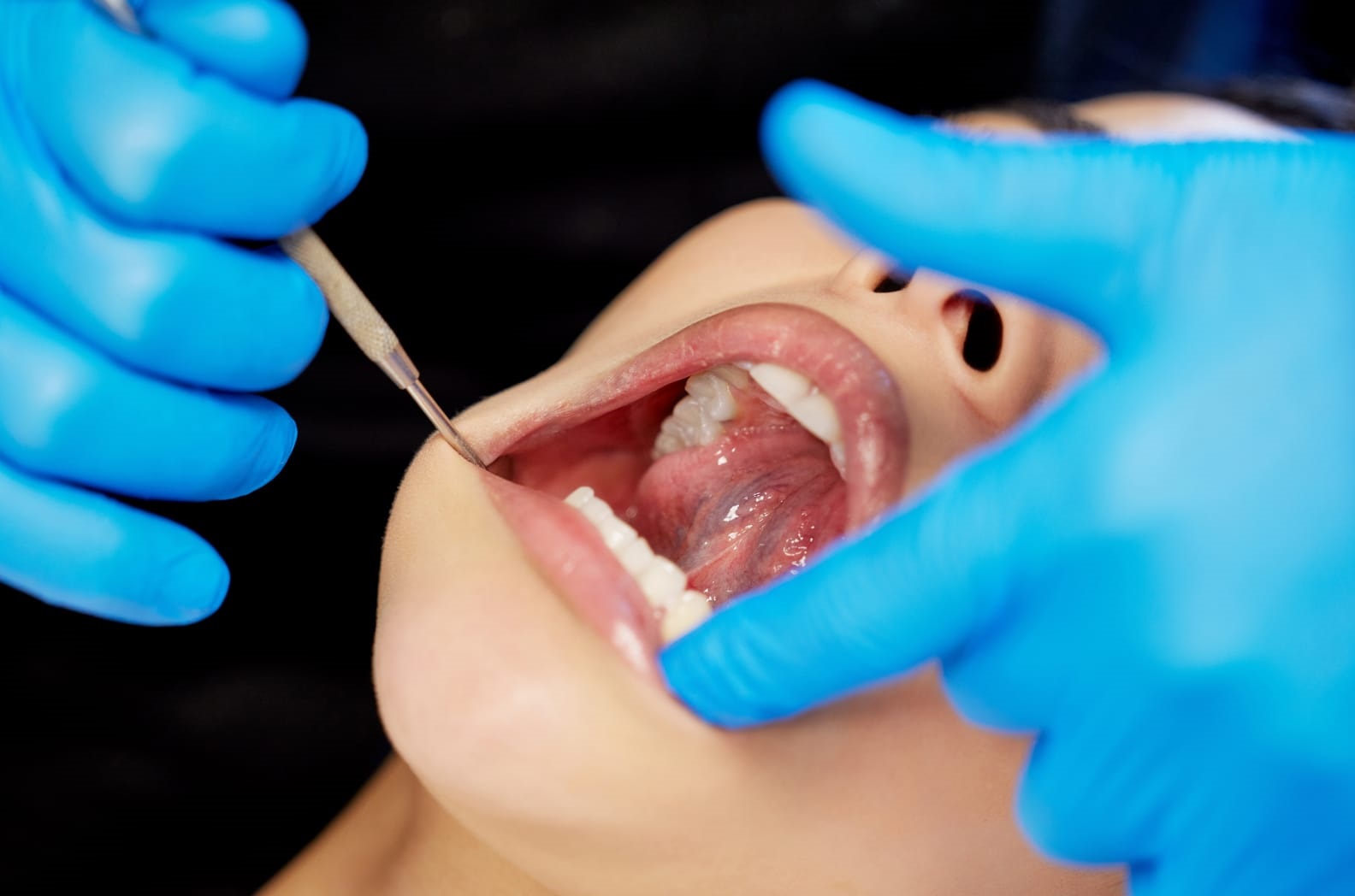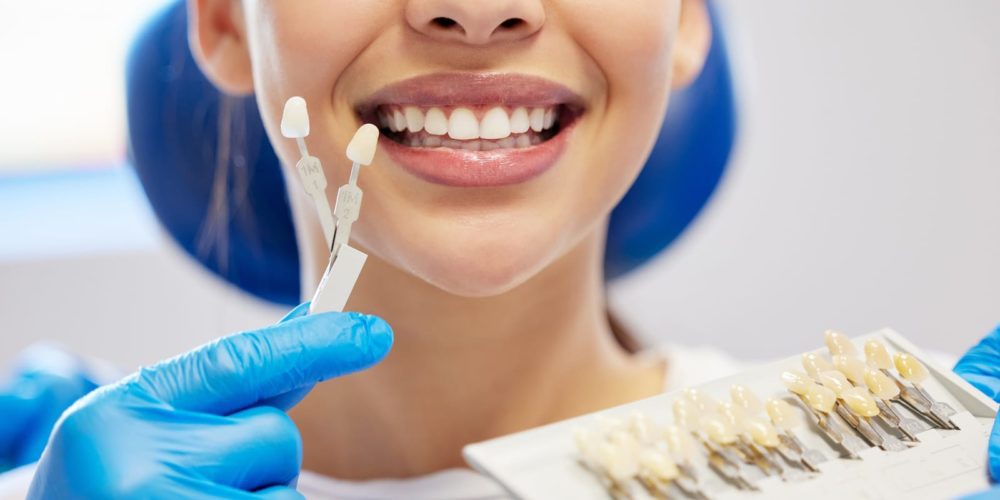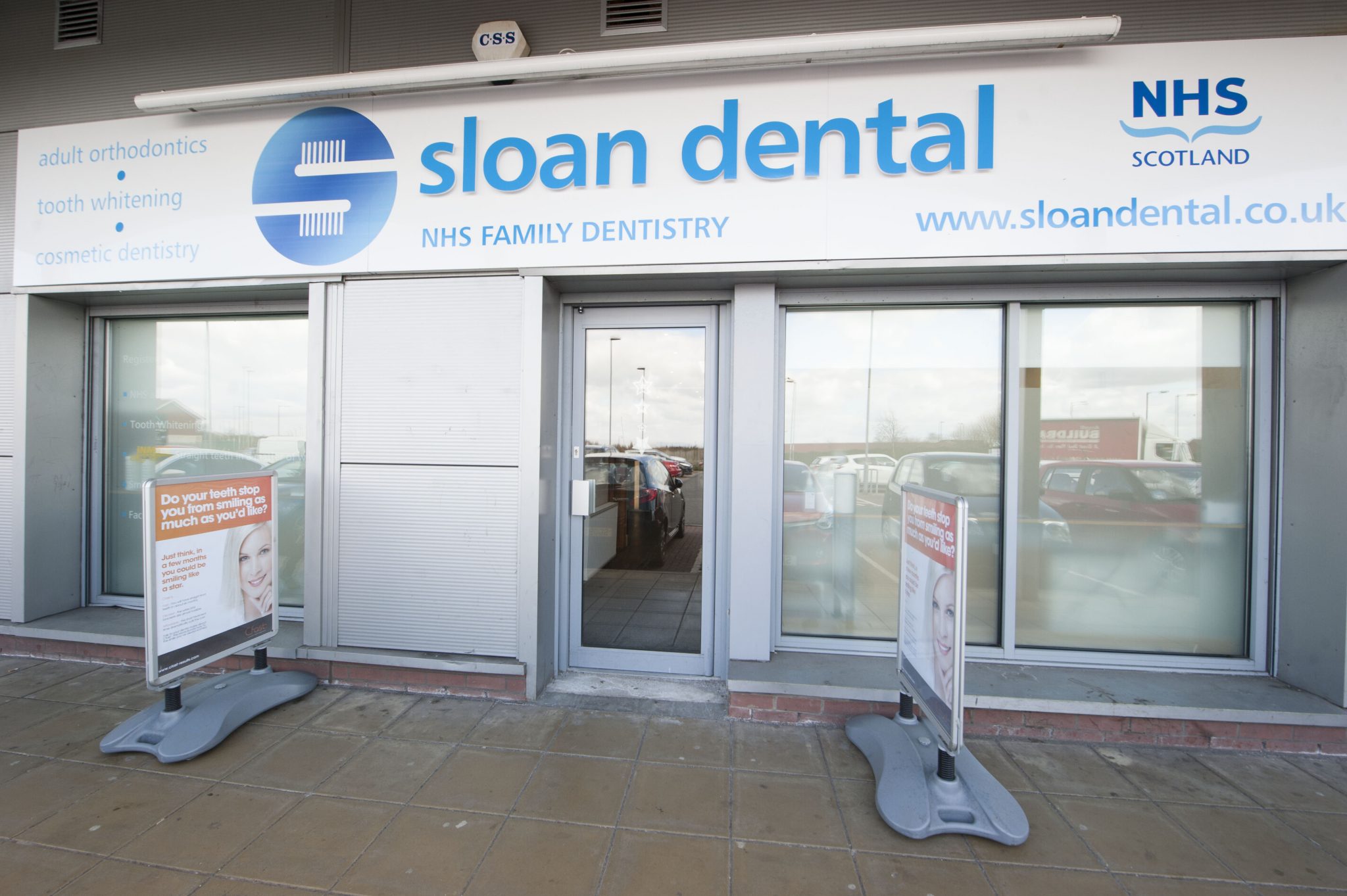Thinking about enhancing your smile but not sure if composite bonding is right for you? You’re in the right place!
Composite bonding is a quick and easy way to fix various dental issues without the need for invasive treatments. Whether you’ve got chipped teeth, gaps, or something else that’s bothering you, this treatment could be the solution you’ve been searching for.
In this article, we’ll break down seven common dental issues that composite bonding can fix, so you can see if it’s the perfect fit for your smile goals.
If you are looking to achieve your dream smile with composite bonding, schedule an appointment with us at Sloan Dental to begin your journey.
Seven Issues a Cosmetic Dentist Can Fix with Composite Bonding
#1: Restoring tooth decay
One of the most common uses for composite bonding is restoring teeth affected by decay. If you’ve had a cavity, composite bonding can be used to fill in the damaged area.
The great thing about this is that, unlike old-school metal fillings, composite bonding blends perfectly with the natural colour of your teeth. It’s practically invisible!
Not only does it restore the tooth’s strength and function, but it also looks completely natural, giving you a healthier, more confident smile without any telltale signs.
#2: Small chips and fractures
We’ve all been there – whether it’s from an accident, biting into something too hard, or just normal wear and tear, small chips or fractures can happen. Composite bonding is an excellent solution for this!
It can quickly repair those minor imperfections by applying a tooth-coloured resin to the damaged area, restoring your tooth’s natural shape and appearance.
The procedure is painless, and you can usually walk out of the dentist’s office with a perfect smile in just one visit!

#3: Closing gaps
Have small gaps between your teeth that you’re self-conscious about? Composite bonding can be a simple fix for closing those spaces without the need for braces or other orthodontic treatments.
Your dentist will apply the composite material to the sides of your teeth, filling in the gaps and creating a more even smile.
It’s a quick and minimally invasive way to achieve a flawless look, and the results are immediate. No more worrying about those little spaces when you smile!
#4: Misshapen teeth
If you’re not happy with the shape of your teeth, composite bonding can work wonders in reshaping them.
Whether a tooth is too short, uneven, or simply doesn’t match the others, your dentist can use composite resin to sculpt it into a more balanced and natural-looking shape.
The best part? The procedure is quick and doesn’t cause any pain, giving you a beautifully proportioned smile in no time. It’s like a mini makeover for your teeth!
#5: Root protection
Gum recession can expose the roots of your teeth, making them sensitive and more prone to damage. Composite bonding can act as a protective barrier, covering the exposed root and preventing further issues.
Not only does it help with sensitivity, but it also shields your teeth from potential decay or damage.
It’s a simple fix that provides both protection and relief from discomfort, all while blending seamlessly with your natural tooth colour.

#6: Teeth discolouration
If your teeth have discolouration that doesn’t respond well to whitening treatments, dental bonding can be a great alternative.
The resin material can be applied directly to the surface of your teeth, covering any stains or uneven colouring. This gives you a brighter, more uniform smile in just one visit.
Whether it’s from coffee, smoking, or general wear and tear, composite bonding can give your teeth a fresh, white appearance without the hassle of repeated whitening sessions.
#7: Dental plaque and tartar
While composite bonding itself doesn’t remove plaque and tartar, it can certainly help fix the damage they leave behind.
If plaque and tartar have caused your teeth to look worn or damaged, bonding can restore their appearance and function.
After a thorough cleaning to remove the buildup, composite bonding can be used to smooth out rough spots, fill in eroded areas, or even cover stains caused by long-term plaque. It’s the finishing touch to a healthy, fresh smile!
Schedule a Consultation Today for Composite Bonding in Glasgow
Ready to transform your smile? At Sloan Dental, we specialise in composite bonding to help you achieve that smile you have always dreamed of.
Our expert team in Glasgow is here to help you achieve a healthy, beautiful smile in just one visit. Don’t wait – schedule a consultation with us today to find out how this cosmetic dental procedure can enhance your smile and boost your confidence.
Contact us now to begin your smile journey!
FAQs
Is composite bonding suitable for everyone?
The cosmetic treatment is ideal for those with minor dental imperfections like chips, gaps, or discolouration. However, it may not be suitable for more severe dental issues. We can help determine if it’s right for you after an evaluation.
How long does composite bonding last?
Composite bonding typically lasts 5-10 years, depending on how well you care for it. Good oral hygiene and avoiding habits like biting hard objects can extend its lifespan.
Does tooth bonding hurt?
No, composite bonding is a painless procedure. It doesn’t require drilling or anaesthesia in most cases, making it a comfortable experience.
How long does the treatment take?
Composite bonding is usually completed in a single visit, with the procedure taking about 30 minutes to an hour per tooth.
How does composite bonding differ from veneers?
Composite bonding is less invasive and more affordable than veneers. Veneers are thin shells placed over the entire tooth, while bonding involves applying resin to specific areas of the tooth.
Can I eat normally after composite bonding?
Yes, you can eat normally after composite bonding. However, it’s best to avoid very hard or sticky foods that could damage the bonding.
Can I whiten a bonded tooth?
Unfortunately, bonded resin doesn’t respond to whitening treatments. If you want a brighter smile, it’s best to whiten your natural teeth first before bonding.



